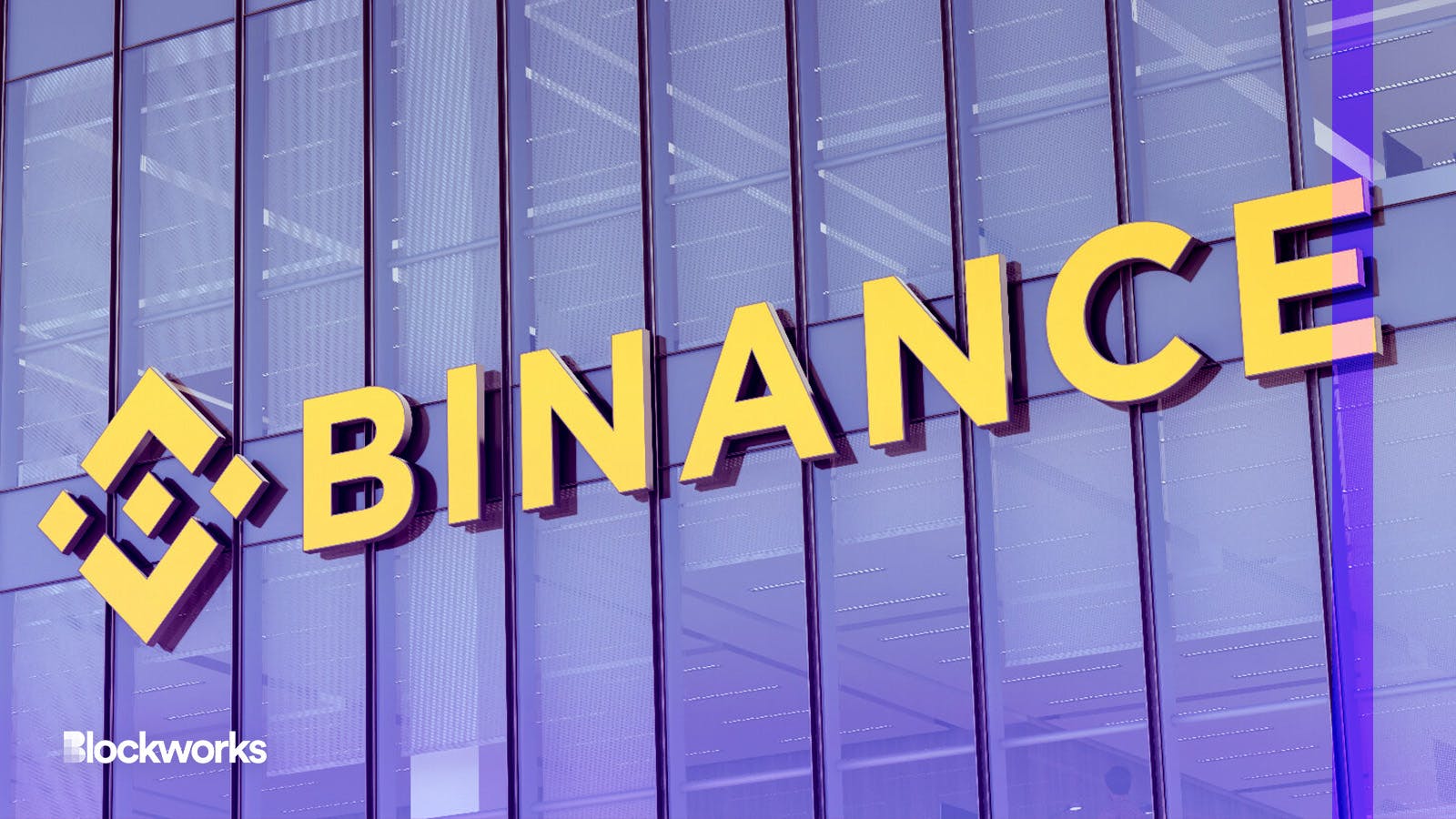Binance Wins Dismissal of Lawsuit Linkedin to Pig Butchering Scam
The Secret Service, in a Reddit AMA, said they have been seeing a “ton” of pig butchering scams

Shutterstock modified by Blockworks
A US district judge has ruled in favor of Binance’s motion to dismiss a lawsuit connected to a purported pig butchering scam.
Plaintiff Divya Gadasalli alleged in her lawsuit that names several defendants that she lost over $8 million in a pig butchering scam.
Pig butchering scams are typically a setup in which scammers reach out through texts or via dating apps to build a relationship with victims. Scammers generally then look to scam their victims into fake investments and disappear.
She filed the claim against Binance and defendants “Jerry Bulasa (‘Bulasa’), Dong Lian, and Danyun Lin.” Bloomberg reported in May of last year that Bulasa was possibly using a pseudonym, and the identity of the additional two defendants wasn’t immediately clear.
Gadasalli’s attorney and Binance representatives, as well as Binance.US, did not immediately return a Blockworks’ request for comment on Tuesday.
A Texas court dismissed the lawsuit on Monday, according to a PACER filing.
Gadasalli’s attorney in court filings said that Binance played a role in perpetuating the scam, but the judge overseeing the case this week found that Gadasalli’s claims lacked jurisdiction and failed to state an appropriate claim.
“Gadasalli cannot point to a single fact of how Binance is actually involved in this case,” the judge wrote in the filing granting Binance’s motion to dismiss.
Court: Binance.Us banned from Texas operations
The judge overseeing the case granted Binance’s motion to dismiss, based on multiple factors — including that Binance.US is barred from operating in Texas.
Gadasalli had argued that Binance encouraged the use of virtual private networks to access Binance or Binance.US from states where the two crypto exchanges are banned from operating in.
“The ability for individuals to use third-party VPNs to circumvent certain regulations will not be enough to meet the exceptional standard and subject a defendant to the Court’s personal jurisdiction,” the judge wrote in the motion to dismiss.
Pig butchering — named after the method of fattening a pig up before slaughter — has become somewhat prevalent. The term appears to have originated in Asia.
On May 15, the US Secret Service San Francisco Field Office and Bay Area Enforcement Allied Computer Team said in a Reddit AMA that pig butchering scams have been the most common types of fraud perpetrated lately.
REACT, specifically, has investigated over 50 cases, according to a Chainalysis report.
While crypto scam revenue fell to $5.9 billion from $10.9 billion the year prior, agencies have warned that these particular scams are on the rise.
In April, the Justice Department seized $112 million in funds linked to pig butchering scams.
“We all know that investment scams are not new, but the use of digital currency to commit fraud presents new challenges to victims and to law enforcement trying to recover lost funds — which likely total billions of dollars in the so-called ‘pig butchering’ schemes,” Martin Estrada, a US Attorney, said in a statement.
Get the news in your inbox. Explore Blockworks newsletters:
- The Breakdown: Decoding crypto and the markets. Daily.
- 0xResearch: Alpha in your inbox. Think like an analyst.






